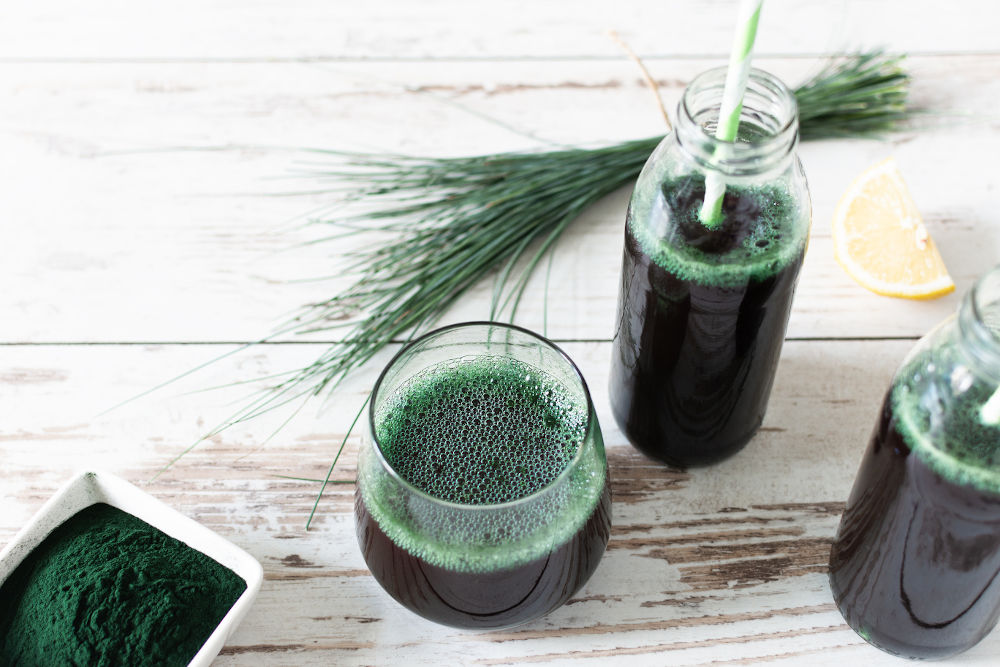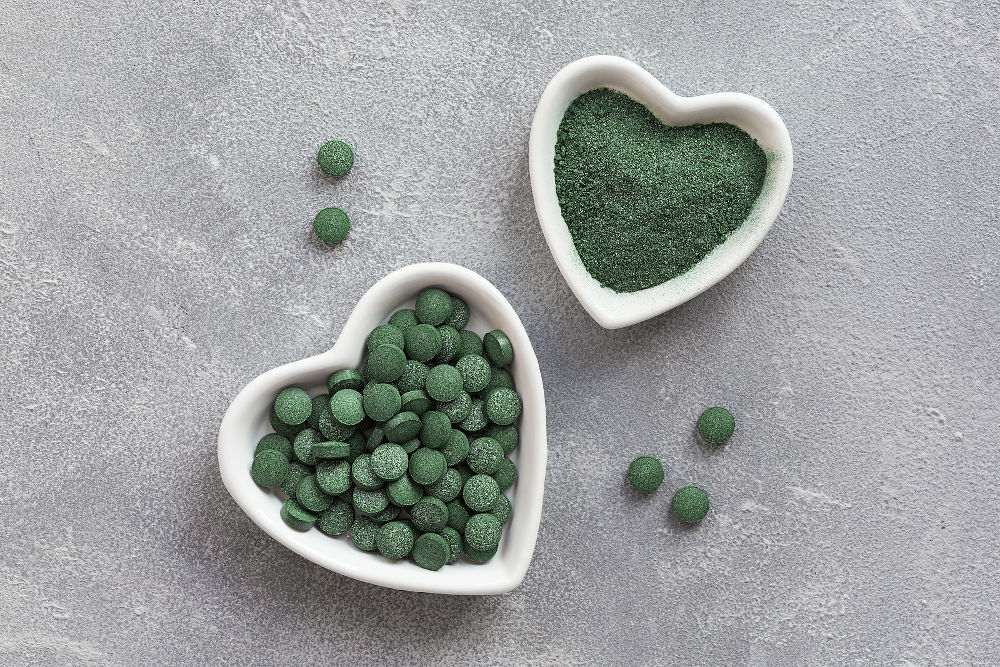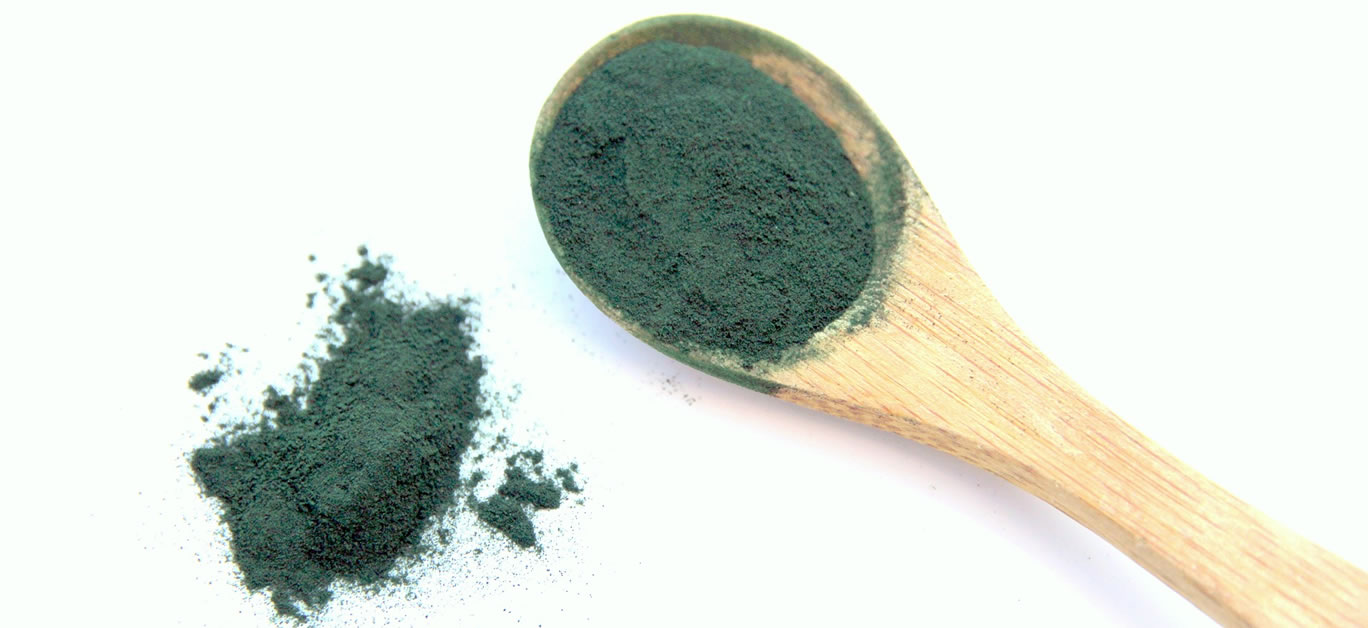In today’s world of overindulgence coupled with quick fixes a lot of us are looking for those natural products that promise to give us a boost to our health while we filter through all the marketing noise. One such supposed superfood that is said to come with a host of health benefits is spirulina, a blue-green algae that can be taken as a dietary supplement.
A biomass of cyanobacteria, spirulina grows in ponds and lakes in salty or fresh water and is believed to have been discovered by the Aztecs, who ground it into flour for baking. It was later introduced to the Spanish conquerors, but its nutritional value remained unverified until NASA proposed that it could be grown in space to be eaten by astronauts.
With the advent of superfoods, which are natural or organic plants with exceptionally high nutritional contents, spirulina has made a comeback as the preference for synthetic foods. Spirulina capsules and powders have become widely available and are commonly used to fortify smoothies and other foods, but what health advantages does this unusual ingredient promise? We take a closer look below at some of the supposed benefits that spirulina promises, from assisting in the treatment of diabetes to detoxification within the body.

Antioxidant and anti-inflammatory properties
Spirulina capsules contain the antioxidant Phycocyanin, which gives them a distinct blue-green colour and the ability to inhibit free radicals in the body, which react with food and other properties that can impair DNA and cells. Chronic inflammation caused by free radicals can cause a number of life-threatening diseases and the antioxidant properties within are also crucial in slowing down aging and correcting premature aging as it rejuvenates skin cells and strengthens muscles.
Treatment of diabetes
Some small studies have indicated that taking spirulina can reduce fasting blood sugar levels – a key finding for those suffering with diabetes. Again, the magic ingredient was phycocyanin and, in a study published in 2013, this was found to stimulate the body’s insulin function among other benefits. Further information on the effects of spirulina on type 2 diabetic patients can be found here.
Lowering cholesterol levels
Cardiovascular diseases are projected to kill over 26 million people by 2030, up from the current 17 million. Medical scientists believe that the leading cause is LDL-C or bad cholesterol and triglycerides, which are found in the plasma due to diet. On the other hand, HDL-C is ideal for a healthy heart, and it is always advisable to ensure that it forms a better component of the fat concentration in blood.

One study proved that supplementation with spirulina reduces the concentration of unhealthy triglycerides and LDL-C and bolsters HDL-C production, reducing the probability of cardiovascular diseases by a considerable margin.
Weight reduction
A fatty liver produces LDL-C, which increases the chance of cardiovascular diseases. A pilot study of 15 patients with non-alcoholic fatty liver disease (NAFLD) showed that 6 g of spirulina therapy reduces weight by 8.1 percent for people between ages 29 and 62. This is a very encouraging result as it can enable people battling morbid obesity to lose weight regardless of other factors, however it is always recommended to follow a healthy diet and exercise as recommended by your GP along with taking any supplements.
Detoxification of the body
Food, air, and water contain impurities such as carbon tetrachloride, hexachlorocyclohexane, lindane, deltamethrin, mercury, arsenic, lead, fluoride, and iron that cause diseases. Research shows that spirulina has bioactive effects like antitoxic properties that detoxify the body and protect cells from being damaged.






















